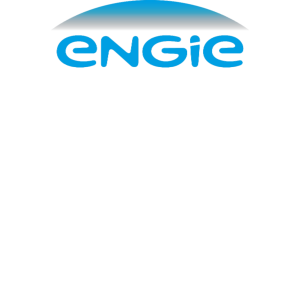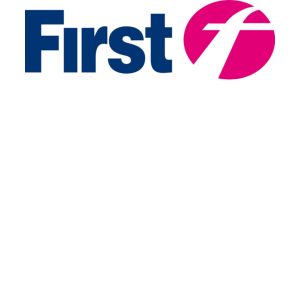Is commercial insurance available to meet corporate expectations?
Corporate insurance buyers continue to find insurance procurement challenging and expensive.
 In an increasingly connected world, rising geopolitical tensions including the Ukraine war, Nat Cat losses and climate change pressures, increasing cyber insecurity, stretched supply lines and social inflation present greater aggregation potential for the insurance industry. At the same time, corporate clients are seeking more integrated, business-specific, and highly customised insurance solutions.
In an increasingly connected world, rising geopolitical tensions including the Ukraine war, Nat Cat losses and climate change pressures, increasing cyber insecurity, stretched supply lines and social inflation present greater aggregation potential for the insurance industry. At the same time, corporate clients are seeking more integrated, business-specific, and highly customised insurance solutions.
The result is sub-optimal customer experience combined with greater uncertainty that the insurance contracts will meet expectations – a widening gap between the needs of the corporate buyer and the willingness of the insurance market to respond.
A significant factor appears to be the lack of sufficient skilled, experienced and reliable resources – on both sides of the negotiating table – willing to:





 We were looking for experienced, independent support in coping with a complex project-related bid tender. RCN provided that support and exceeded our expectations in terms of planning, ideas and service performance.
We were looking for experienced, independent support in coping with a complex project-related bid tender. RCN provided that support and exceeded our expectations in terms of planning, ideas and service performance.



